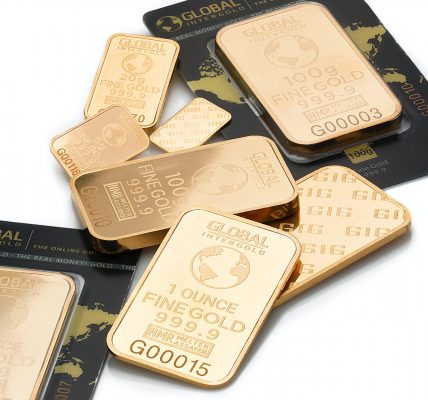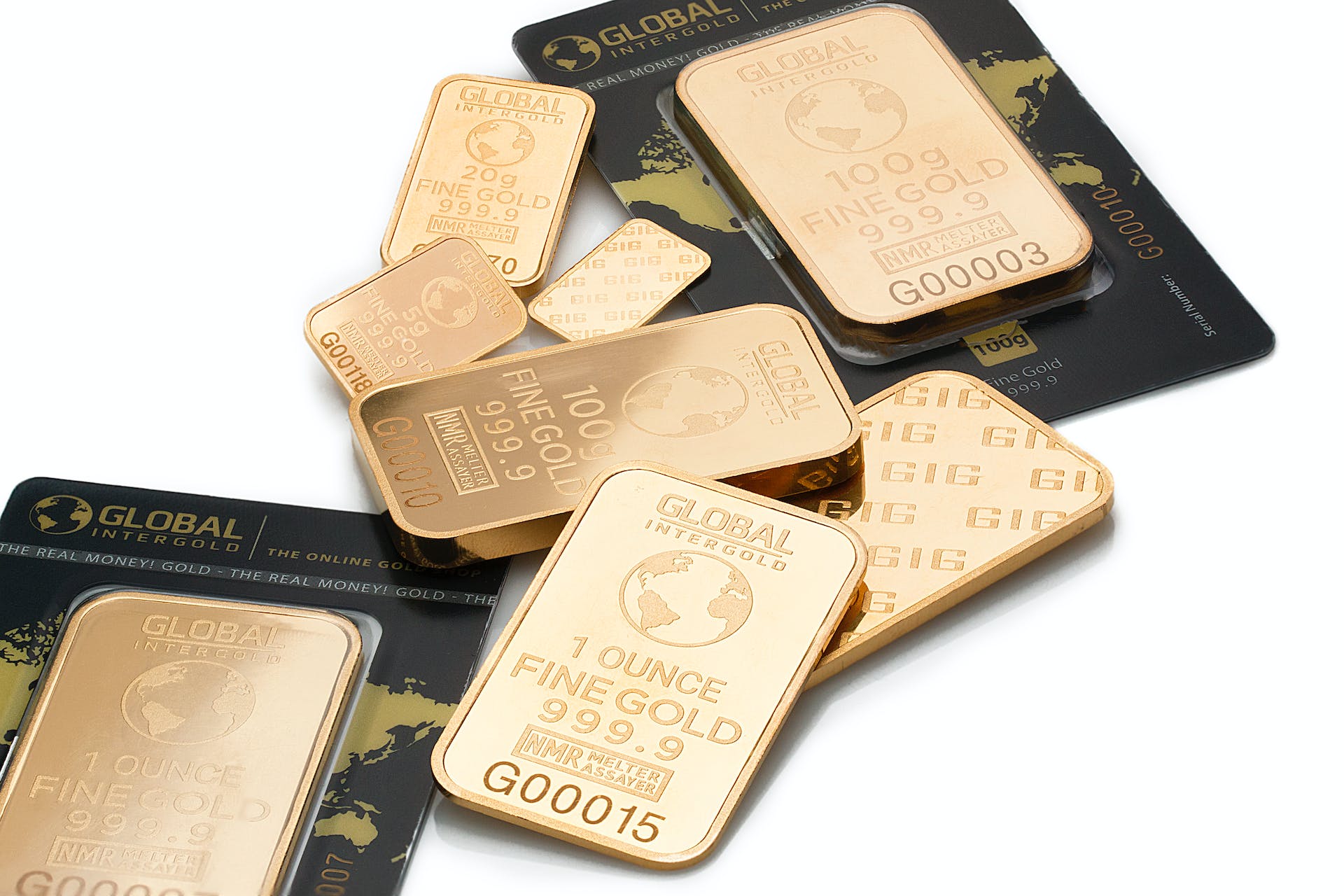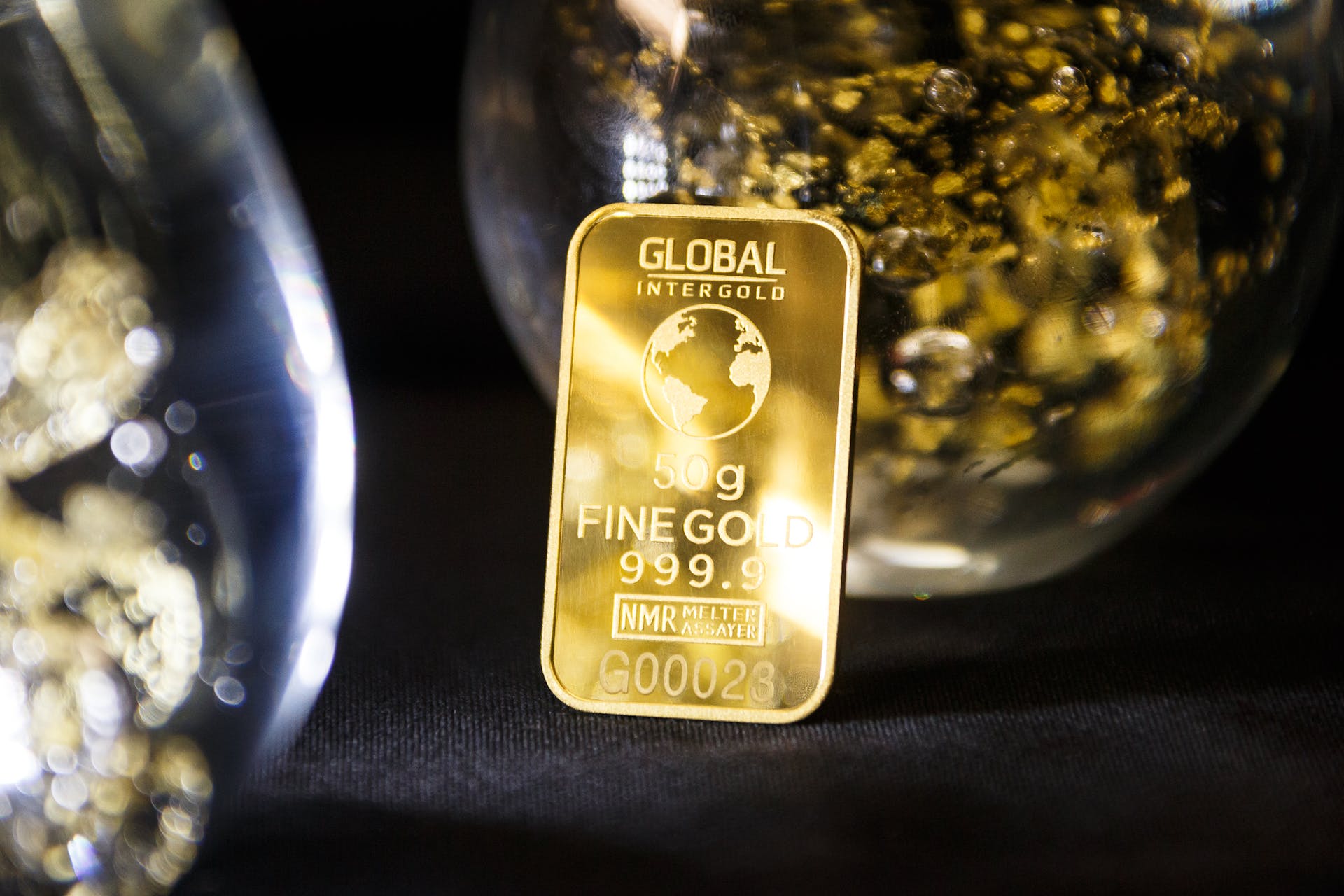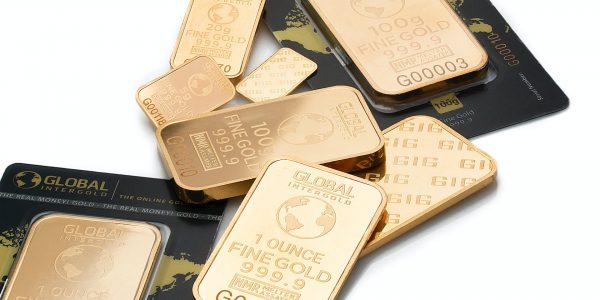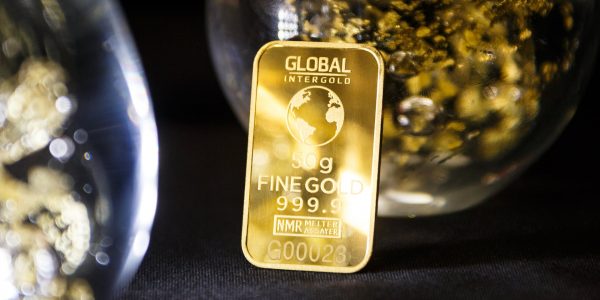Who Holds My Gold In A Gold IRA?
If you hold a gold IRA, the precious metal must be deposited with an IRS-approved custodian.
If you attempt to take physical possession of the gold, that will count as a distribution and will be taxed accordingly.
 |
 |
The Bottom Line
Gold IRAs are normally defined as alternative investments, which means they are not traded on a public exchange and require special expertise to value. While gold has the potential for a high return, it’s easy to be blinded by its glitter. Gold prices can plummet unexpectedly. When gold is rising, you also have to decide whether you’d be buying at—or close to—the top of the market if you invest at that point.
If you’re considering a gold IRA, consult a financial advisor to determine how the metal would fit with the overall goals of your portfolio. In general, it’s never a good idea to put all of your eggs in one asset basket. If gold seems like a solid choice for you, Sentell suggests putting no more than one-third of your retirement funds into a gold IRA. Gottlieb recommends you have no more than “10% to 15% of a personal total portfolio invested in gold, whether in the paper form [which is not permitted in a gold IRA] or the physical holdings.
 Withdrawing From A Gold IRA
Withdrawing From A Gold IRA
The rules for withdrawing from a gold IRA are similar to those of other retirement accounts. Like other IRAs, a gold IRA is available as either a traditional or a Roth IRA.
For Traditional Gold Iras
- Contributions are made with pretax dollars.
- All distributions are taxed as ordinary income.
- Distributions before age 59½ face a 10% penalty.
- You must take RMDs after you reach age 73.768
For A Gold Roth IRA
- Contributions are made with after-tax dollars.
- There are no taxes due on withdrawals.
- Distributions before age 59½ face a 10% penalty.
- BTW. For those of you in canada that are looking for a similar program, there is the Gold RRSP program. You can find that here.
Checkbook Iras
There is one possible way to avoid having a custodian and the costs associated with one: You can open what’s known as a “checkbook IRA,” a self-directed IRA that does not require custodial management. Setting up a checkbook IRA is complicated because you must be a limited liability company (LLC) and have a business checking account, to name two requirements.
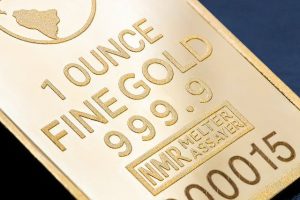 However, as Sentell points out, it does allow investors to purchase gold American Eagles, a U.S. Treasury–minted coin, for their retirement accounts and hold them personally, sidestepping custodian and storage fees. No other coin enjoys this tax-code exception, described in the Internal Revenue Code (IRC) 408(m).
However, as Sentell points out, it does allow investors to purchase gold American Eagles, a U.S. Treasury–minted coin, for their retirement accounts and hold them personally, sidestepping custodian and storage fees. No other coin enjoys this tax-code exception, described in the Internal Revenue Code (IRC) 408(m).
The IRS is said to scrutinize this type of IRA, so proceed cautiously with this option.
Rolled Gold
If you already have an IRA or 401(k), either regular or Roth, you have the option of rolling over some or all of its funds into a gold IRA. The rollover process is the same as for any other retirement fund. You typically fill out an account application (whether online or on paper), and the account is usually established within 24 to 48 hours of completion and receipt of the application.
“Once all parties receive the signed transfer request, the two custodians will communicate to transfer the funds to the new custodian and fund a new gold IRA,” says Gottlieb. When funds are available in the new IRA account, an account representative will review the current precious metal options a consumer can purchase. “You advise them as to the exact type you want to purchase, and prices are locked up at that time,” adds Gottlieb…
Special Costs
 Owning gold in a gold IRA does come with some special expenses. The charges that an investor will face include:
Owning gold in a gold IRA does come with some special expenses. The charges that an investor will face include:
- Seller’s Fee (Markup): “Although gold has a going rate, there are markups depending upon whether you want gold bullion, coins, proofs, etc.,” says Sentell. The markup, which can also vary depending on the vendor, is a one-time fee. “Similarly, each form of gold presents its requirements when an investor has to sell,” he adds.
- Retirement Account Setup: This one-time fee is charged to establish your new IRA account. This also varies by institution, but it might be more than the usual setup fee, as not all financial services firms deal with gold IRAs.
- Custodian Fees: Again, while you’d encounter these annual costs (as well as any associated asset or transaction fees) with all IRAs, they may be higher for this sort of account, especially if you have to go to a different financial institution than the one holding your other accounts.
- Storage Fees: The gold has to be held by a qualified storage facility for which storage fees are charged.
- Cash-Out Costs: If you want to close out a gold IRA by selling your gold to a third-party dealer, said dealer will want to pay less than what it goes for on the open market. So unless prices have risen significantly since you bought it, you could lose a chunk of capital.
Some IRA companies will guarantee to buy the gold back from you at current wholesale rates. However, you could still lose money by closing the account, which usually only happens with opening and closing regular IRAs.…
Gold’s Special Risks
 All investments come with risks and rewards, gold included. “In many ways, gold IRAs have the same risks as any investment,” says Moy. “The price of gold can go up or down and have volatility. No one can accurately predict its future.”
All investments come with risks and rewards, gold included. “In many ways, gold IRAs have the same risks as any investment,” says Moy. “The price of gold can go up or down and have volatility. No one can accurately predict its future.”
But despite the risk, Moy says there is a reason to invest some of your retirement funds in the yellow stuff. “Gold has a 5,000-year history of being a store of value,” says Moy. “Stocks can go to zero [causing havoc to companies], as we’ve seen with Lehman Brothers, bonds can default as they did in Argentina or get big haircuts as in Greece. The value of the dollar has steadily gone down [at certain periods]. But gold will never be worth zero.”
If the price of gold does dip, Moy says that likely means your paper assets will be doing well. So, if your portfolio is balanced with gold and paper-based investments, a loss on the gold side will be balanced by the gain experienced by other assets. “Many of these risks exist for traditional IRAs, too. And traditional IRAs have risks that gold IRAs do not have,” he adds.
However, there are also some risks specific to investing in physical gold. Any physical commodity is subject to theft. Someone could break into the depository where your gold is being stored. However, to qualify for gold IRAs, depositories are required to be insured, which would protect your investment as long as your account doesn’t exceed the custodian’s stated value on accounts,
“There are also untrustworthy custodians who might steal from their customers’ accounts or commit fraud by selling your precious metals that they do not have nor are planning to buy,” says Moy. “These risks can be mitigated by choosing a custodian that ensures the financial transaction.…
Should You Invest In A Gold IRA?
 Many investors choose gold as a way to diversify their portfolio, either by investing in a gold IRA or by directly purchasing the metal. While gold can certainly have a place in a well-diversified portfolio, it is important to balance the risks of buying gold compared to other assets.
Many investors choose gold as a way to diversify their portfolio, either by investing in a gold IRA or by directly purchasing the metal. While gold can certainly have a place in a well-diversified portfolio, it is important to balance the risks of buying gold compared to other assets.
When saving for retirement, it is important to choose assets that will provide a return over time. Unlike stocks and bonds, gold does not pay dividends or yield to the owner. The only opportunity for profit comes from appreciating the gold price itself. Given that the stock market typically rises by about 7% in an average year, it would be rare for a gold IRA to outperform other retirement investments.
Gold IRA Vs. Physical Gold: Which Is The Better Option?
When investing in gold, you have two options: a gold IRA or physical gold. Both of these investment options offer potential financial benefits, but it is important to understand the differences between them before deciding which one is the better option for you. In this blog post, we will discuss the advantages and disadvantages of a gold IRA vs physical gold so that you can make an informed decision about investing in gold.
How Do You Buy Gold In An IRA?
There are two ways to invest in gold: through an IRA. One way is to set up a self-directed gold IRA, which allows you to buy physical gold and silver with retirement funds.5 It is also possible to invest in a mutual fund or ETF that invests in precious metals, although this is not the same as owning physical bullion.
…




